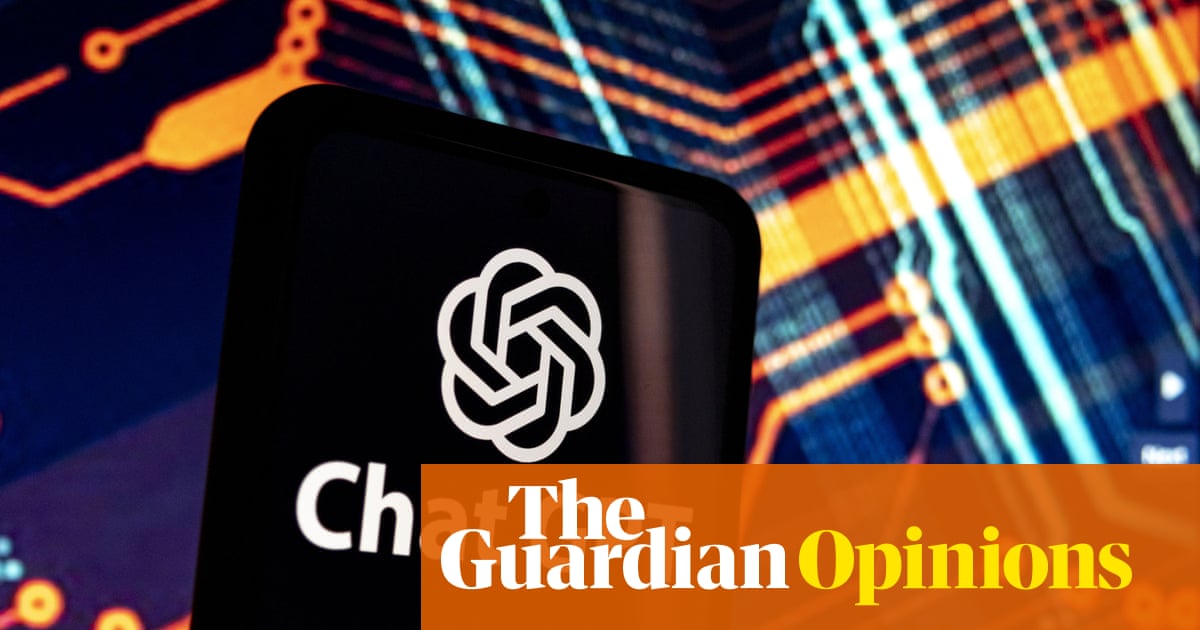- Digital Media Products, Strategy and Innovation by Kevin Anderson
- Posts
- How to launch your media startup and scale your media business
How to launch your media startup and scale your media business
Plus: Musk provides a cautionary tale for relying on platforms
I'm returning from a long Easter holiday break here in the UK with a lot of meaty things. First up are a couple of pieces of advice for media entrepreneurs. First up, we have some tips from Rawan Jayousi, who in 2021 launched "MADRAJ, an incubator to nurture independent media startups that serve youth and women in the MENA region". I love her advice not to make promises when you're excited, and I know from running my own consultancy that you have to have backup plans and backup to your backup plans.
Whenever Rafat Ali - serial digital media entrepreneur - dispenses advice, it is worth reading. He neatly outlines decisions and implications that media entrepreneurs must make in growing their businesses.
Subscriptions and advertising sales have entirely different structures, and at times, they conflict within a single company. Advertising relies on traffic scale, while subscriptions restrict output to paying customers, limiting traffic.
It's such a brilliant idea - allow subscribers to gift an article to someone. It helps promote your content and it gives Hearst papers (and others like the FT who have similar functionality) another way to capture information about unknown users. They ask the gift recipients for their email so they aren't simply harvesting the emails from the subscribers who sent the gift. The feature has helped with the retention of subscribers who see a benefit in the feature, and 20% of the gift recipients offered an email when asked.
Today in AI: Publishers look to AI to improve SEO and Publishers launch working groups to meet the challenge
Digiday has a couple of articles about how publishers are moving to embrace AI and experiment with AI in multiple ways, whether it is as a tool to optimise and personalise content - see the piece about SEO - and a range of generative AI experiments at major publishers such as Buzzfeed, Forbes and Trusted Media Brands. Cross-functional teams are looking at AI from the perspective of editorial, legal, tech and cybersecurity.
And while some publishers are assembling teams to experiment, the Guardian has formed a working group because they have a report of ChatGPT simply making up a Guardian article that has never existed. How to respond? While it might not be The Guardian's responsibility, an incident like this certainly has the ability to dilute and do damage to the brand.
The Press Gazette reports on GQ's global transformation that has led to the creation of a global leadership team that looks at stories across its 20 editions around the world. This team looks at local stories through a global lens, looking at ways that the stories can feed into major globe-spanning initiatives like its recent
And the transformation is digital as well as geographical. "Without sharing exact numbers, it said GQ’s global traffic was up 54% in 2022 compared to pre-pandemic 2019 while its monthly average returning visitors were up 57% in the same timeframe.
Video views were up 13% year-on-year in 2022, with social video views up 177% and growth in its overall social following of 174%."
Personalisation in Advertising
Partly driven by increased data about users, especially first-party data, and aided by more sophisticated algorithms and a bit by AI, personalisation has come back as one of the hot topics in media.
Today in Twitter: Musk's campaign against public media, R.I.P. Fuego and Twitter Inc is dead, long live X
I worked for the BBC for eight years, the longest professional I've worked for any employer, and I worked for a regional NPR/PBS group in the US for four years so for a good chunk of my career, I have worked for public broadcasters. Public broadcasting in the US and across Europe is a very different proposition than other broadcasters that have had Twitter's 'state-affiliated media' such as Russia Today or VOP - the Voice of Putin. That is why it is so offensive to NPR t be labeled as state-affiliated or state-controlled media and why NPR refused to use the account until the label was removed.
Twitter is being run by a thin-skinned, mercurial billionaire who is using the platform to express personal grievances and block competitors such as Substack. However, it's important to view Musk's moves as part of wider reactions by platforms to push back against regulations, actions or actors they don't approve of - see Facebook or Google removing news content after regulators took steps to force them to pay for displaying news articles on their platforms. I'm not going to paint Facebook and Google with the same brush as Musk's Twitter because while Meta and the search giant are behaving in what they perceive as their own corporate interest, Musk is really using his expensive plaything as a grinder to sharpen his personal grievance axe. However, all of this must give media leaders pause. They need to develop contingency plans for what would happen if their content was suddenly banished from these platforms or if their brands were labeled in a way that damaged their reputations or undermined trust in their brands.
What a shame, and I say that not as someone whose tweets were picked up by Fuego. $42,000 a month for API access?!? That's a pretty steep entry-level tier.
But, who cares because Twitter no longer exists as a corporate entity. Musk has x'ed it to. I would love to do a snap poll for how many Twitter users wanted the app to be converted into a payment platform. And I'd like to disqualify the crypto-bros in my DMs from taking part in the poll due to a conflict of interest.
Have you noticed that my patience is running thin with the owner of the Bird site?









